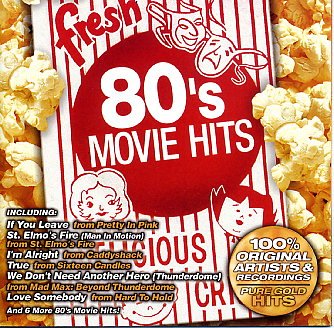

“We’d arrived that day, and had no money for anything. “The first gig we ever played in the States was at Hurrah’s, and we went onstage at 1 a.m.,” McClusky recalls. But few could fault them on their work ethic. tour, McClusky and Paul Humphreys went their separate ways the following year it was only then, on hiatus, that they started to make money. He’s not just being figurative: By the time of their most successful album, 1988’s The Best of OMD, the band were indeed broke a million dollars in debt. We spent five years trying to break America and in the end America broke us.” Certainly it wore us out in terms of our style of songwriting, energy, and balance. “We spent so much time trying to break America. “Why it wasn’t a hit, I don’t know,” McClusky reflects. After Numan drafted OMD to be his opening act, the brainy pair’s undeniable catchiness scored numerous hits like “Enola Gay” as synth-pop exploded in European popularity: Their majestic “Maid of Orleans (The Waltz Joan of Arc)” became Germany’s best-selling single of 1982. That initial single was released nearly simultaneously with Tubeway Army’s “Are ‘Friends’ Electric,” which crowned Gary Numan as England’s first breakout synth-pop star. Their second show had them opening for industrial music pioneers Cabaret Voltaire in Manchester, where they met Joy Division’s manager Tony Wilson, who released their “Electricity” on his soon-to-be seminal indie label, Factory Records.

For the duo’s very first gig, these Kraftwerk and Eno fans supported future post-punk legends Joy Division. That was back in the late Seventies, back when punk paved the way for kindred outsiders. “We had Afros and long hair, but were accidentally making what would turn out to be the next electronic pop music.” “Never, ever would we get a record contract now – two kids from a suburb who looked ridiculous,” says McClusky from a cramped hotel room in San Francisco, where songs from The Punishment of Luxury – the band’s stellar new 13th album – debuted to an emphatically receptive crowd later that July night. Had Andy McClusky and Paul Humphreys formed Orchestral Manoeuvres in the Dark today, their chances of success might be slim, something they freely admit.


 0 kommentar(er)
0 kommentar(er)
